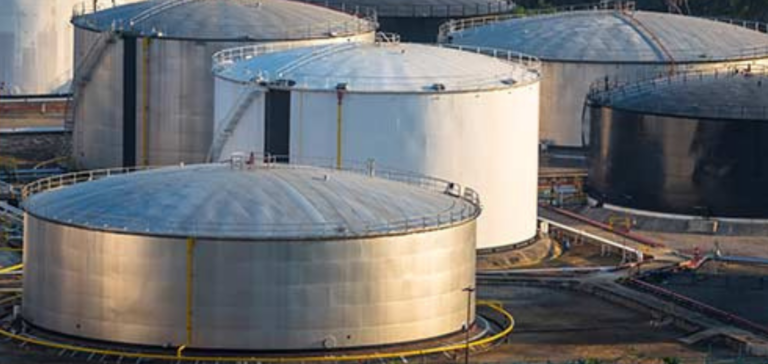Managing Europe’s gas reserves in the face of winter challenges has become a priority energy security issue. Paula Pinho, Director of Energy Security at the European Commission’s Directorate-General for Energy, recently highlighted Brussels’ constant efforts and vigilance. According to Pinho, the European Union is actively preparing and must not let its guard down. She insists on the need to maintain a substantial gas stock to ensure the transition to the next heating season.
Current level of gas storage in Europe
At present, EU gas storage sites are close to full capacity, with 99.5% of their capacity utilized as of November 12. This favorable situation is partly due to the mild winter of 2022/23, which enabled us to keep a significant quantity of gas in reserve at the end of March 2023. In contrast, inventories were reduced to 25.6% of capacity at the end of winter 2021/22.
Gas demand reduction and structural measures
In addition, Paula Pinho highlighted the 18% reduction in EU gas demand compared with the average over the last five years. Structural measures have led to this reduction, and some will continue to encourage lower consumption without affecting industrial production.
Impact of mild temperatures on gas consumption
Last July, EU member states pledged to voluntarily reduce their gas consumption by 15% compared with the five-year average. The EU has exceeded this target, reducing consumption by 17.7%, and has extended the agreement until the end of March 2024. In autumn, the EU recorded significant reductions in consumption as a result of high gas prices and mild temperatures.
Paula Pinho also highlighted the vulnerability of key energy infrastructures, referring to the recent damage to the Balticconnector between Finland and Estonia. She pointed out that exposure of these infrastructures represents a potential risk to the EU’s ability to supply stored gas.
Anticipating the energy challenges of winter 2024-2025, the European Union is adopting a strategy to store and reduce gas consumption. This approach reflects a growing awareness of the need to preserve energy resources while guaranteeing energy security and stability.






















